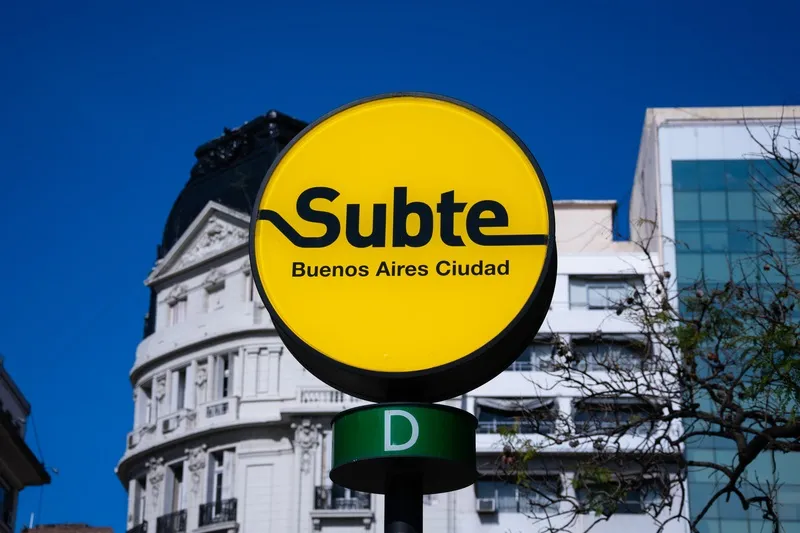The city council of Sao Paulo in Brazil is to launch a US$1.1 billion tender process to improve its bus capacity. The project will include four new bus lanes, refurbishment works on two existing lanes and the construction of five small bus terminals and two inter-municipal terminals. The current government of Sao Paulo city is envisaging the creation of 66km of bus lanes and the construction of nine bus terminals.
Meanwhile, the Governor of Sao Paulo has announced that the works for the extension of the Line 4- Yellow of Sao Paulo underground would be resumed soon and the project will be concluded by September 2013. The works comprise two outstanding stretches of the line, with both contracts awarded to the Spanish consortium Corsan-Corvian Construccion in a contract worth US$988.5 million.









